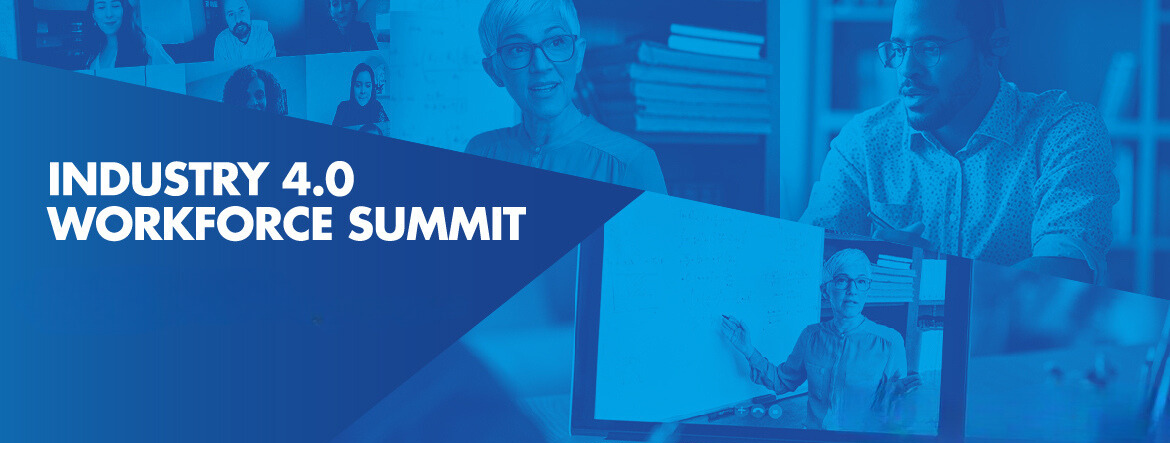
Historians have identified four Industrial Revolutions, periods in which transformations in the dominant technologies driving industrial systems created a fundamental reordering of the economy, and with it, society. Previous revolutions occurred in the 18th, 19th, and 20th centuries, driven by the harnessing of productive power through steam, fossil fuels and electrification, and digital computing, successively.
We are now in a fourth industrial revolution—often called Industry 4.0—powered by the massive scaling of data processing power, characterized by disruptive trends including the rise of data and connectivity, analytics, human-machine interaction, and improvements in robotics. As with the previous revolutions, the very nature and structure of work has been altered. This transformation requires a similarly broad-based transformation in the education that prepares people for that work.
The Corporate Member Council of the American Society for Engineering Education (ASEE) launched the Workforce Summit for Industry 4.0 to develop consensus recommendations for how this transformation should take shape. This work was carried out through a series of webinars followed by a convening of a select group of industry experts, academic leaders, and other community stakeholders.
